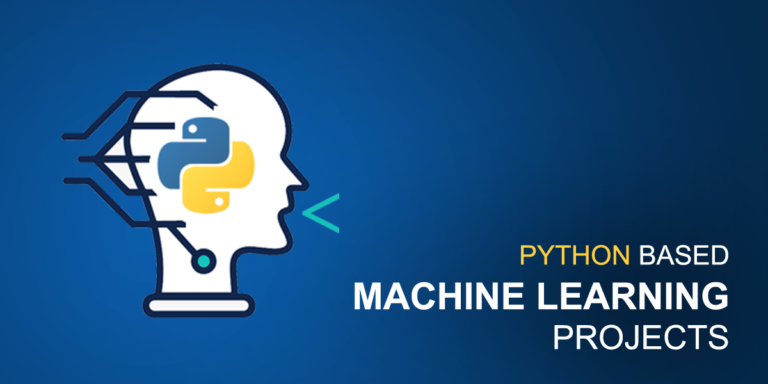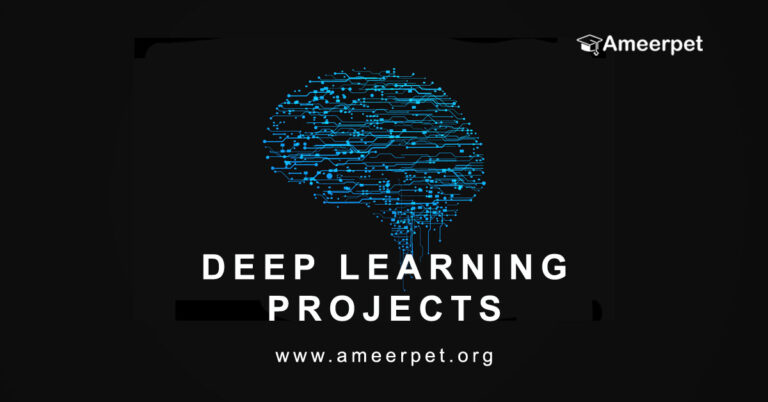
Abstract:
IoT-based vehicular ad-hoc networks and software-defined networks make up a software-defined vehicular network. Researchers are developing the VANET (Vehicular Ad-hoc Network) to improve IoT vehicle networks’ communication. Researchers are using edge computing to improve VANET ad-hoc network information application performance and reliability. Cloud computing speeds up message-related tasks in current research. This article proposes Software-defined Fault Tolerance and QoS-Aware IoT-Based Vehicular Networks Using Edge Computing Secured by Blockchain to reduce communication delay, message failure fault tolerance, and secure service provisioning for VANET ad-hoc networks. Heuristic algorithms solved the Blockchain’s response delay, message failure, fault tolerance, and security issues. SDN nodes on nearby edge servers receive vehicle messages and are validated by the blockchain to provide secure services to vehicles. The SDN controller, located on an edge server on the roadside to reduce communication delays, receives vehicle messages and divides them into two categories. Edge servers divide messages by time, size, and emergency. SDN controller routed these messages. Fault tolerance checks message acknowledgements after delivery. The fault tolerance algorithm resends failure messages. A custom simulator implements the proposed model and compares it to the latest VANET-based QoS and fault tolerance models. The edge server SDN controller reduced normal and emergency message communication delay by 55%. Edge, cloud, and blockchain infrastructure reduce execution time, security risk, and message failure ratio in the proposed model.
Note: Please discuss with our team before submitting this abstract to the college. This Abstract or Synopsis varies based on student project requirements.
Did you like this final year project?
To download this project Code with thesis report and project training... Click Here


